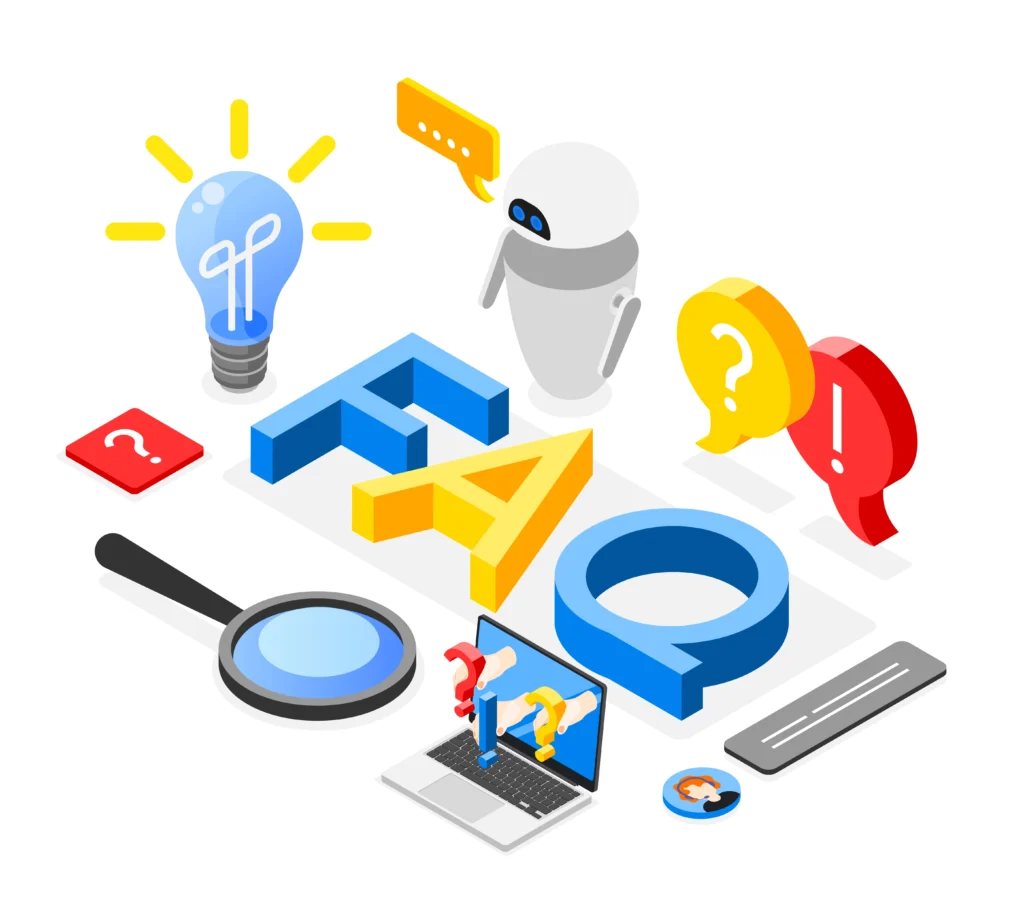In recent years, AI-generated content has become increasingly popular, raising the question: Can Google handle it? The short answer is Yes. Here’s how and why Google can manage AI-generated content effectively.
How Google Handles AI-Generated Content
Advanced Algorithms:
Google’s search algorithms are incredibly sophisticated. They are designed to evaluate content quality, relevance, and user intent. Whether the content is created by a human or an AI, Google uses these algorithms to rank pages based on how well they meet searchers’ needs.

Content Quality Guidelines:
Google emphasizes quality over quantity. AI-generated content must adhere to the same quality guidelines as human-written content. This includes being informative, original, and useful. AI tools have advanced to the point where they can produce high-quality content that meets these standards.
Natural Language Processing (NLP):
Google uses NLP to understand and process human language. This technology allows Google to understand the context and meaning behind AI-generated content, ensuring it is relevant to the search queries it aims to address.
User Engagement Metrics:
Google tracks how users interact with content. High engagement rates, such as longer time spent on a page and lower bounce rates, signal that the content is valuable. AI-generated content that engages users effectively will rank well in search results.
Why Google Can Manage AI-Generated Content
Consistency and Scalability:
AI can produce large volumes of content quickly and consistently. This helps websites keep up with the demand for fresh content without sacrificing quality. Google’s systems are designed to process and rank vast amounts of content efficiently.
Adaptability:
Google continuously updates its algorithms to keep up with changes in content creation methods, including AI. These updates ensure that the search engine can evaluate new types of content accurately and fairly.
Focus on User Experience:
Google’s primary goal is to provide the best possible user experience. If AI-generated content is well-written, relevant, and useful, it enhances the user experience just as much as human-created content. Google’s ability to prioritize user satisfaction means it can handle AI-generated content that meets these criteria.
Ethical Considerations:
Google has measures in place to detect and penalize low-quality or spammy AI-generated content. By maintaining high standards, Google ensures that only valuable AI-generated content makes it to the top of search results.
Google can effectively handle AI-generated content thanks to its advanced algorithms, focus on quality, and continuous adaptability. As long as AI-generated content meets Google’s quality guidelines and enhances user experience, it will be ranked just like any other high-quality content.
